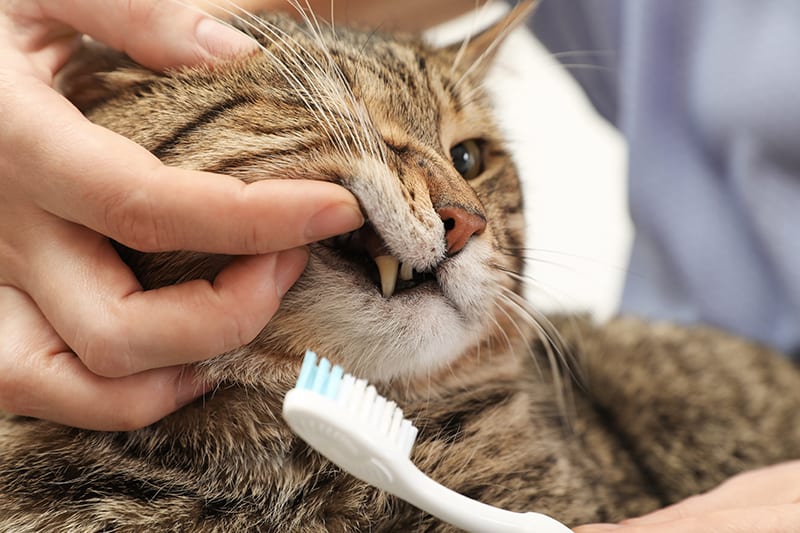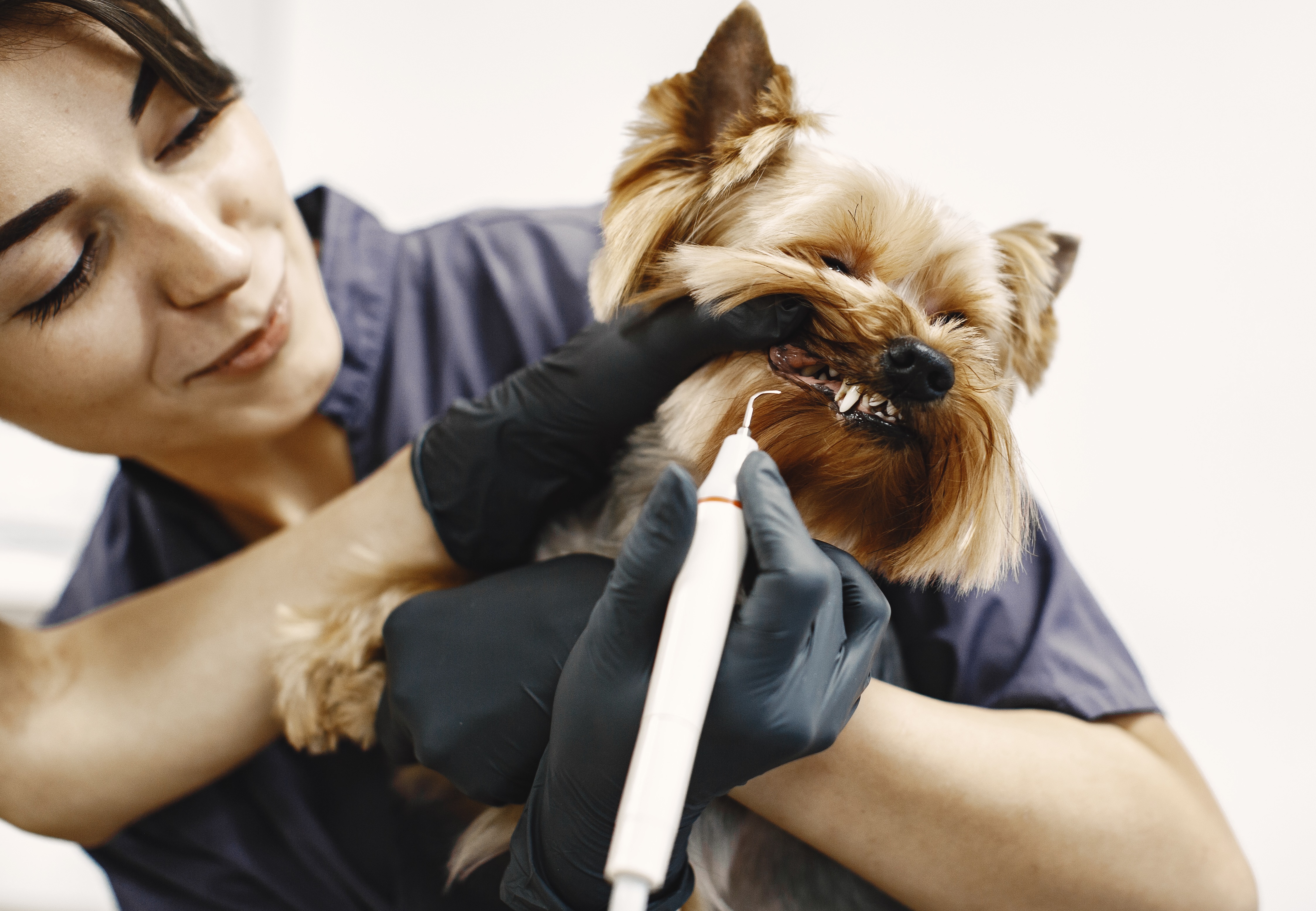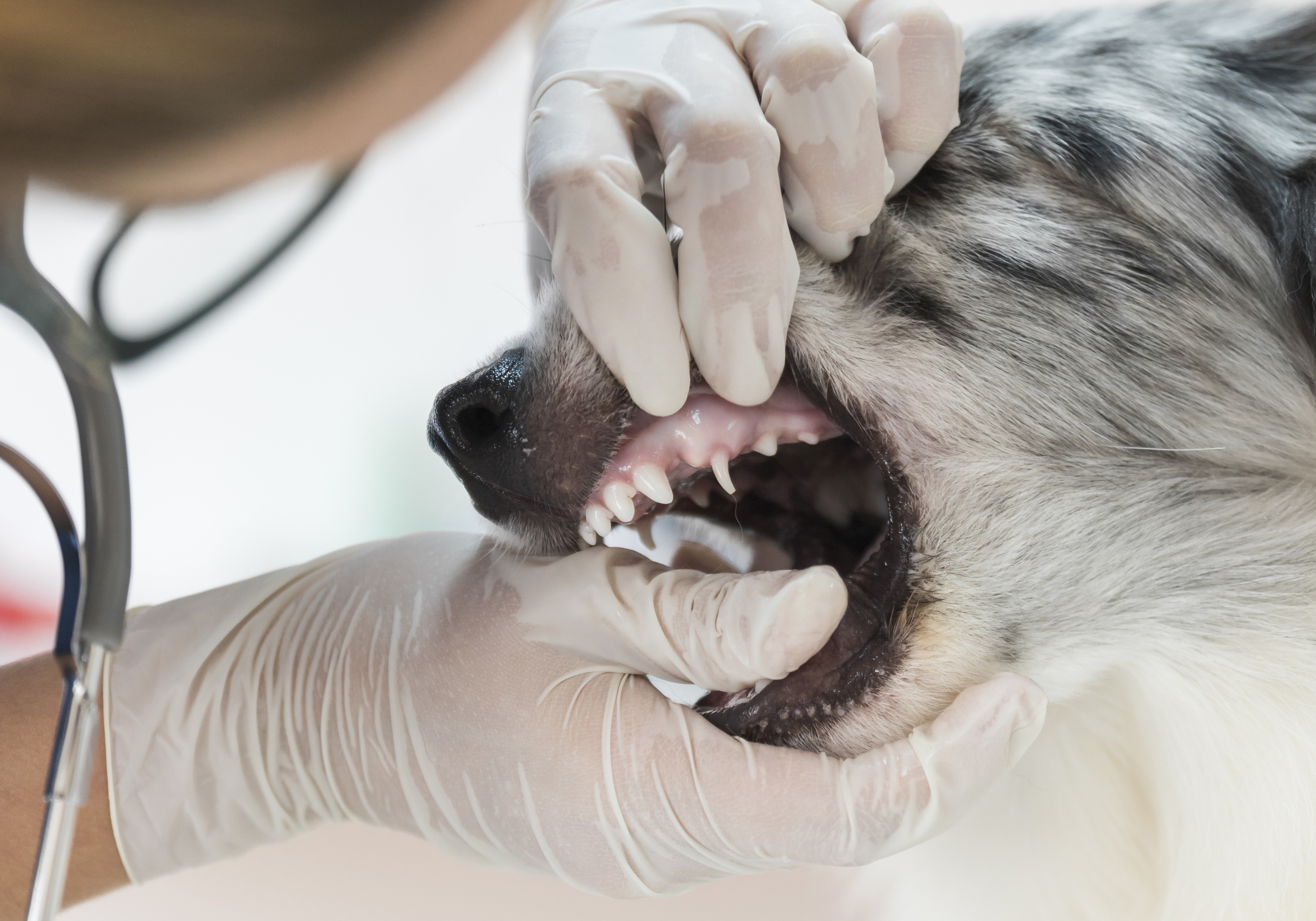When we think about pet care, dental hygiene might not be the first thing that comes to mind.
However, just like humans, our beloved pets require proper dental care to maintain their overall health and well-being.
In this comprehensive guide, we’ll delve into the importance of pets dental care, exploring why it matters, common dental issues in pets, and how to keep those pearly whites shining bright.
Table of Contents
Understanding Pet Dental Health: Beyond Just a Pretty Smile
Dental health is crucial for pets for several reasons. Not only does it impact their oral hygiene, but it also plays a significant role in their overall health and longevity.
Just like in humans, poor dental health in pets can lead to a host of problems, including gum disease, tooth decay, and even systemic issues such as heart disease and kidney problems.
The Link Between Oral Health and Overall Well-being: A Closer Look
Maintaining good oral hygiene is about more than just preventing bad breath (though that’s certainly a perk!). It’s about safeguarding your pet’s health from the inside out.
Dental issues can cause pain and discomfort, leading to difficulty eating, reduced appetite, and behavioral changes. Moreover, bacteria from the mouth can enter the bloodstream, affecting vital organs and contributing to serious health conditions.
Common Dental Problems in Pets: Recognizing the Signs
Pet owners must be vigilant in monitoring their furry companions for signs of dental problems.
While animals may not be able to vocalize their discomfort, there are several indicators that may suggest an issue with their oral health.

Bad Breath: More Than Just a Funky Odor
Bad breath, also known as halitosis, is often one of the first signs of dental issues in pets.
While some degree of odor is normal, persistent bad breath can indicate underlying problems such as gum disease or tooth decay.
Tartar and Plaque Build-up: The Silent Culprits
Tartar and plaque build-up on your pet’s teeth can lead to a host of issues, including gum inflammation (gingivitis) and periodontal disease.
If left untreated, these conditions can cause pain, tooth loss, and even infections that spread to other parts of the body.
Tooth Discoloration and Changes in Eating Habits: Red Flags to Watch For
Changes in the color of your pet’s teeth or alterations in their eating habits should never be ignored.
Discolored teeth may indicate decay or damage, while reluctance to eat or difficulty chewing could signal pain or discomfort associated with dental issues.
Preventive Measures: How to Keep Your Pet’s Teeth Sparkling Clean
Prevention is key when it comes to maintaining your pet’s dental health.
By implementing a regular oral hygiene routine and making smart dietary choices, you can help prevent dental problems before they arise.
Brushing Your Pet’s Teeth: Yes, It’s Possible!
While it may sound like a daunting task, brushing your pet’s teeth is one of the most effective ways to keep their mouths healthy.
Start slowly, using a pet-specific toothbrush and toothpaste, and gradually work your way up to a full brushing routine.
Aim for daily brushing if possible, but even a few times a week can make a significant difference.
Dental Chews and Toys: More Than Just a Treat
Dental chews and toys aren’t just for play—they can also help promote good oral hygiene by reducing plaque and tartar build-up.
Look for products that are specifically designed to support dental health, such as those with ridges and textures that help clean teeth and massage gums.

Regular Veterinary Check-ups: The Key to Early Detection
Regular check-ups with your veterinarian are essential for maintaining your pet’s overall health, including their dental wellness.
Your vet can perform a thorough oral examination, identify any potential issues, and recommend appropriate treatment or preventive measures.
Why Dental Care for Pets Matters:
- Prevention of Dental Diseases: Regular brushing and dental check-ups can prevent common dental problems in pets.
- Overall Health: Poor dental health can lead to systemic health issues like heart disease and kidney problems.
- Pain Reduction: Dental issues can cause pain and discomfort, affecting your pet’s quality of life.
- Fresh Breath: Proper dental care keeps your pet’s breath fresh, making cuddle time more enjoyable.
- Extended Lifespan: Good dental hygiene can contribute to a longer, healthier life for your pet.
How to Take Care of Your Pet’s Teeth:
- Brushing: Use a pet-friendly toothbrush and toothpaste to brush your pet’s teeth regularly.
- Dental Chews: Offer dental chews or toys designed to promote oral health and reduce plaque buildup.
- Regular Check-ups: Schedule routine dental check-ups with your veterinarian to catch any issues early.
- Balanced Diet: Feed your pet a balanced diet that supports dental health and avoids excessive sugary treats.
- Professional Cleaning: Consider professional dental cleanings as recommended by your vet for a thorough cleaning.
A Brighter Future with Healthy Smiles and Happy Tails
The importance of dental care for pets cannot be overstated. By prioritizing your furry friend’s oral health and implementing preventive measures, you can help ensure they enjoy a lifetime of healthy smiles and happy tails.
Remember, a little care today can go a long way toward preventing dental problems tomorrow.
FAQs
How often should I brush my pet’s teeth?
Aim for daily brushing if possible, but even a few times a week can make a significant difference in your pet’s dental health.
Are there any special dental products I should use for my pet?
Look for pet-specific toothbrushes and toothpaste, as well as dental chews and toys designed to promote oral hygiene.
What are the signs of dental problems in pets?
Signs of dental problems in pets may include bad breath, tartar build-up, tooth discoloration, changes in eating habits, and reluctance to chew.
Can dental issues in pets lead to other health problems?
Yes, dental issues in pets can lead to systemic health problems, including heart disease, kidney problems, and infections.
How often should I take my pet to the vet for dental check-ups?
Your veterinarian can advise on the appropriate frequency for dental check-ups based on your pet’s individual needs, but annual check-ups are generally recommended.
Can I use human toothpaste for my pet?
No, always use toothpaste specially formulated for pets, as human toothpaste can be harmful if swallowed.
Is anesthesia necessary for dental cleanings in pets?
Yes, anesthesia is typically required for thorough dental cleanings to ensure safety and effectiveness.








